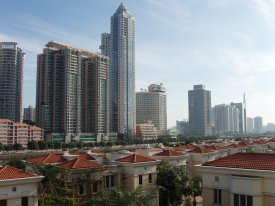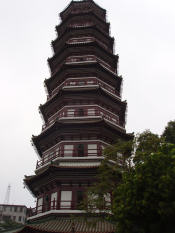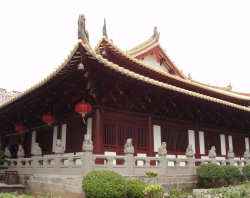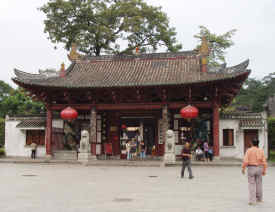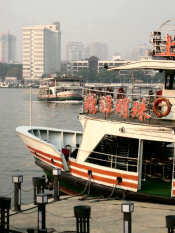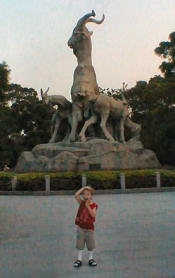Guangzhou, China Report of what it's like to live there
Personal Post Experiences from Guangzhou, China
-
Guangzhou, China
04/15/23
Guangzhou, China
08/05/21
Guangzhou, China
05/19/19
Guangzhou, China
11/20/18
Guangzhou, China
11/19/15
Guangzhou, China
08/23/14
Guangzhou, China
05/12/13
Guangzhou, China
04/25/13
Guangzhou, China
01/08/13
Guangzhou, China
10/14/11
Guangzhou, China
05/29/11
Guangzhou, China
07/28/09
Guangzhou, China
01/10/09

